“We’re now at a point where I no longer can see inaction as just inaction. I now see a lot of it as just cowardice, and I’m not interested in it anymore.” – Maeve Halligan, CUSW President and Co-Founder.
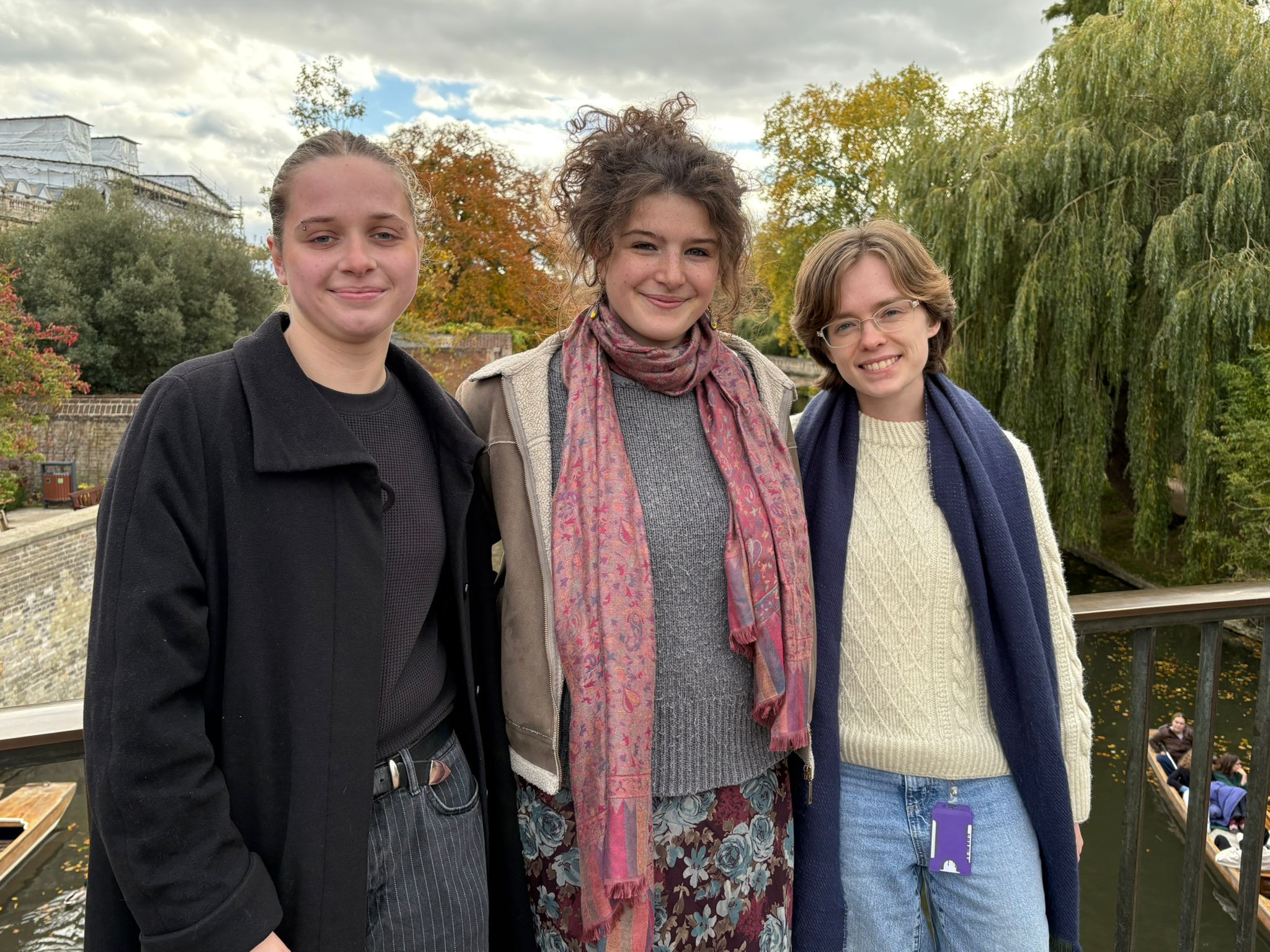
Three Cambridge University students have today launched the Cambridge University Society of Women (CUSW) with the ambition to “advocate for and raise awareness of women’s sex-based issues across the political spectrum and around the world, as well as provide a single-sex environment for women to discuss the issues that concern us most as women in the absence of men.”
The CUSW’s constitution defines women as “adult human beings belonging to the female sex class”. In doing so, the founders – Thea Sewell, Maeve Halligan and Serena Worley (pictured) – believe they are the only student society at Cambridge University serving the interests and needs of biological women and biological women only.
Writing on social media (Insta and X), the CUSW says: “our mission is to facilitate women speaking freely in an all-female environment. We will be campaigning and fundraising to help women’s sex-based causes.”
The driving force behind the CUSW is 22 year old Maeve Halligan. Maeve is at Lucy Cavendish College, studying for an MPhil after graduating from Bristol University earlier this year with a first in French and Russian. Maeve has never been persuaded by gender ideology, but was shocked at the extent to which it saturated her university experience.
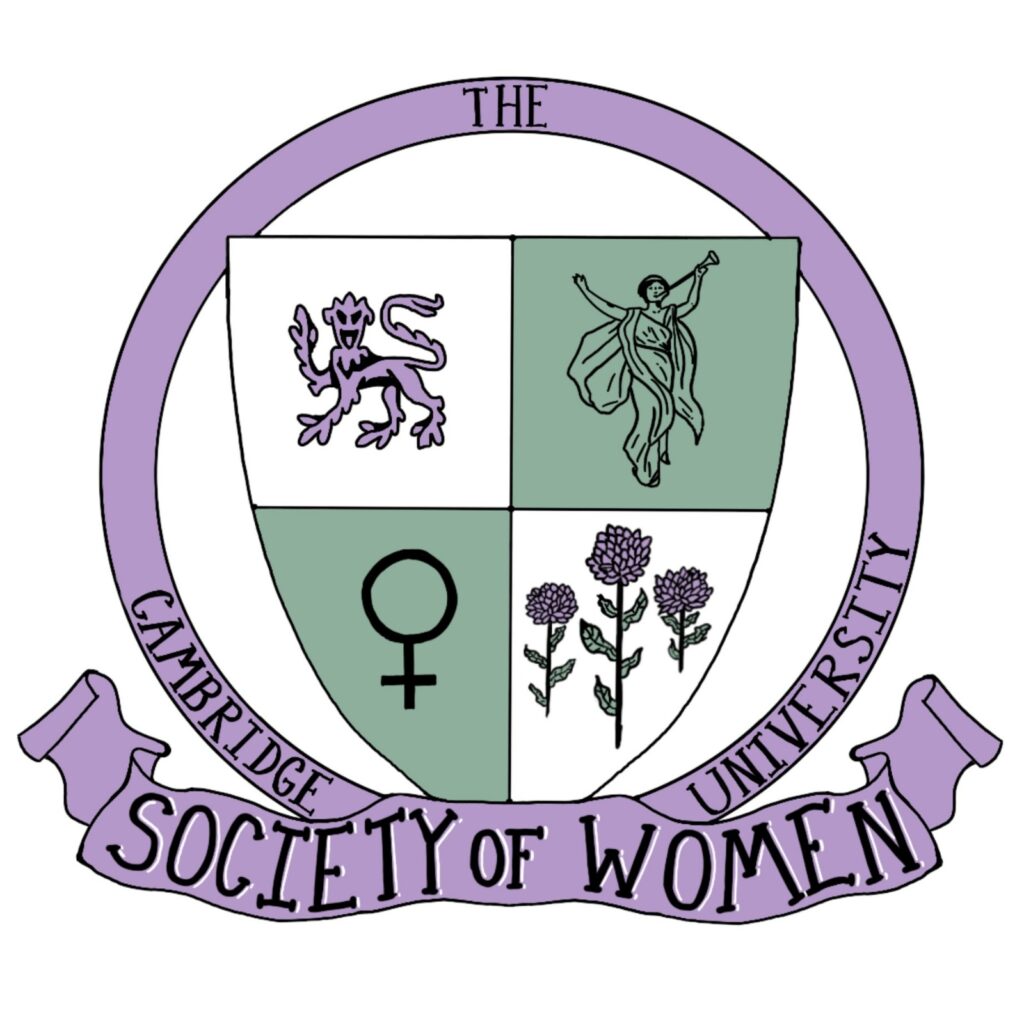
“The humanities section of universities are unequivocally captured by this stuff. It’s everything. It’s everywhere. I remember day one, I turn up and I’m handed a rainbow lanyard. It’s that casual. It’s on every noticeboard – something like: Are you feeling gender distress? Or posters of trans flags with slogans saying: My existence is not a threat. What are you scared of?“
Maeve’s views are straightforward: “I see the trans agenda as a form of propaganda and I know propaganda when I see it. The flags everywhere. The pronoun badges. Transgender ideology is the most regressive, homophobic, sexist, crucially misogynistic thing to exist, in a very, very long time.”
On arriving at Cambridge, Maeve found similar levels of ideological saturation. After a visit to this year’s Freshers Fair, where university societies advertise their existence to prospective members, she decided enough was enough.
“The signs and banners that I was seeing … There was not a single society that was just for women. It was a combination of women-[asterisk], womxn, or women and non-binary. I left the Freshers Fair and I felt like crying. I stood there – it was on Parker’s Piece, which is a central green common in the middle of Cambridge city – I stood there and thought: well, if it doesn’t exist, I’m going to make it happen.”
The CUSW’s Declaration of Purpose and Intent states an aim to challenge: “the predominant narratives surrounding sex and gender at our university. We want to represent and discuss how the idea of biological sex being changeable, arbitrary, exclusionary or ‘falsely assigned’ is regressive and directly erodes women’s sex-based rights. In doing so, we aim to open up conversation surrounding numerous other ongoing social and political debates, especially those that pertain to women.”
The Society has come together relatively quickly. Maeve already knew Thea and Serena from a WhatsApp friendship group set up by Connie Shaw, the student (now graduated and working for the Free Speech Union) who was almost forced out of Leeds University for having the temerity to interview Graham Linehan. Thea is in the second year of a philosophy degree at Christ’s College. Serena is also in her second year studying Theology, Religion and Philosophy of Religion at Newnham College. Both jumped at the idea of founding a single-sex student society for women, partly because of their own personal experiences.
Abuse
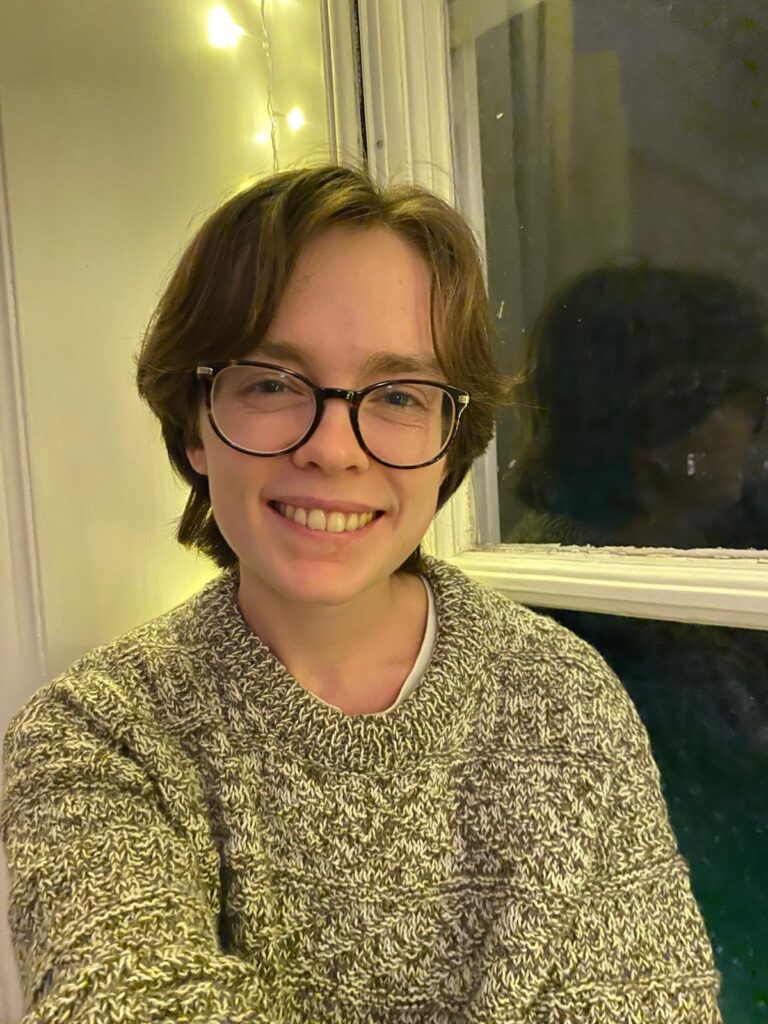
Serena Worley is 21 years old and a typically sunny-sounding American. She told me that back in the US she used to be a “very big supporter” of gender ideology. “I truly believed that Trans Women Are Women on every level. If you’d asked me at 17 what I thought of all this, I’d have told you this was the civil rights struggle of our time.” Serena started her tertiary education at the University of Oregon where she found herself sharing a “tiny dorm room” with a “very abusive biological male who called himself a woman… and that caused me to rethink some of my beliefs”. When she tried to express those beliefs to her friendship group in Oregon she was bullied and ostracised to the extent she had to drop out of university. Cambridge is her second shot.
“I came here with the goal of just keeping my head down and not engaging on this topic for the three years it would take to get my degree. I assumed it would be possible to simply not get involved. I lasted about six weeks before being a closet TERF [Trans-Exclusionary Radical Feminist] got to be too much, and I reached out to the Cambridgeshire chapter of the Women’s Rights Network.”
Serena has agreed to become the CUSW’s first Secretary. “I’ll be honest, I’m scared about starting this”, she told me. “It’s too important to me not to do, though. The climate here makes the ideology utterly unquestionable to most students. It’s the air they breathe. We have to, at the very least, register our opposition. Otherwise, nothing will ever change. When I was being bullied in Oregon, I remember thinking to myself that if only I had a friend, I could do it. If I just had one other person in my corner on campus, I could stick it out. At the time I didn’t even have that. I don’t want any young woman to ever be in that position again. Cambridge is just one university, but it’s a high-profile one. What happens here affects other places. I feel I have a duty here, one that I feel I’ve been neglecting in my past few years of silence.”
Cancellation
Thea Sewell is 20 years old. She has always been sceptical about gender ideology and was motivated enough to meet up with Maeve and Serena at the Oxford Literary Festival in April this year. The OLF event was a sell-out discussion between Helen Joyce and Julie Bindel about Joyce’s book Trans. After the event, Thea bought three books; Trans, Kathleen Stock’s Material Girls and Trouble with Gender by Alex Byrne.
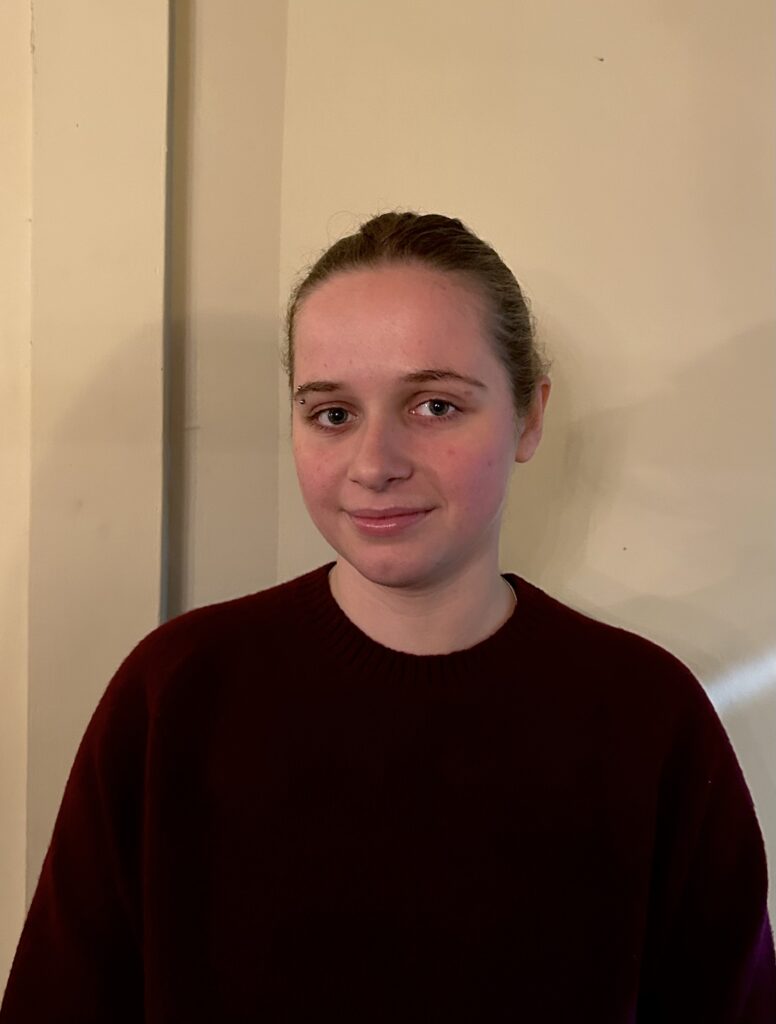
Thea is the survivor of a serious sexual assault*. She spent a lot of time as a teenager working with the police to locate, charge and convict her assailant, who was eventually sentenced to eight years in prison. Her peer group at Christ’s knew this. When she returned to Cambridge after the Joyce/Bindel event, her neighbour in halls spotted Thea’s recent purchases. The neighbour decided to tell as many people in college as possible. Thea was soon confronted by another student who demanded to know if she was a TERF, citing Thea’s ownership of the three books as evidence. Thea called her neighbour and asked what she had been saying. The response was uncompromising. “She was clear that she thought I deserved total ostracism for holding gender-critical beliefs” said Thea, “I countered that I had no hurtful views on trans people and had never expressed any hostility towards them or caused them any harm. She began to cackle and in a mocking tone wished me ‘the best night ever’. It was evident from what she said and the way that she spoke that she was enjoying deliberately spreading allegations calculated to cause me maximum social damage and distress.”
Thea did not sleep that night. The following day a friend of Thea’s “said that she needed to discuss an important matter. When I spoke to her, it was as if she was calling me out for reprehensible behaviour. I was denounced for having ‘gender-critical books’ in my room and for ‘attending a TERF conference’ in Oxford. She said she could no longer associate with me in any way… After that, silence descended. On any typical day I would interact with somewhere between a dozen and twenty different people in college. There are about half a dozen I have either spoken to or exchanged texts with almost every single day since coming up to Cambridge. But now, no-one texted, no-one rang. My own approaches went unanswered. My isolation was total.”
Thea had a nervous breakdown and spent two weeks away from college at home. Whilst she was away someone scratched “TERF” onto the board fixed to the door of Thea’s room. Thea could not understand what her so-called friends were doing. “Regardless of their views on transgender ideology,” she told me, “you would have thought that they would have some level of empathy and understanding of why I might be concerned about protecting women’s spaces.”
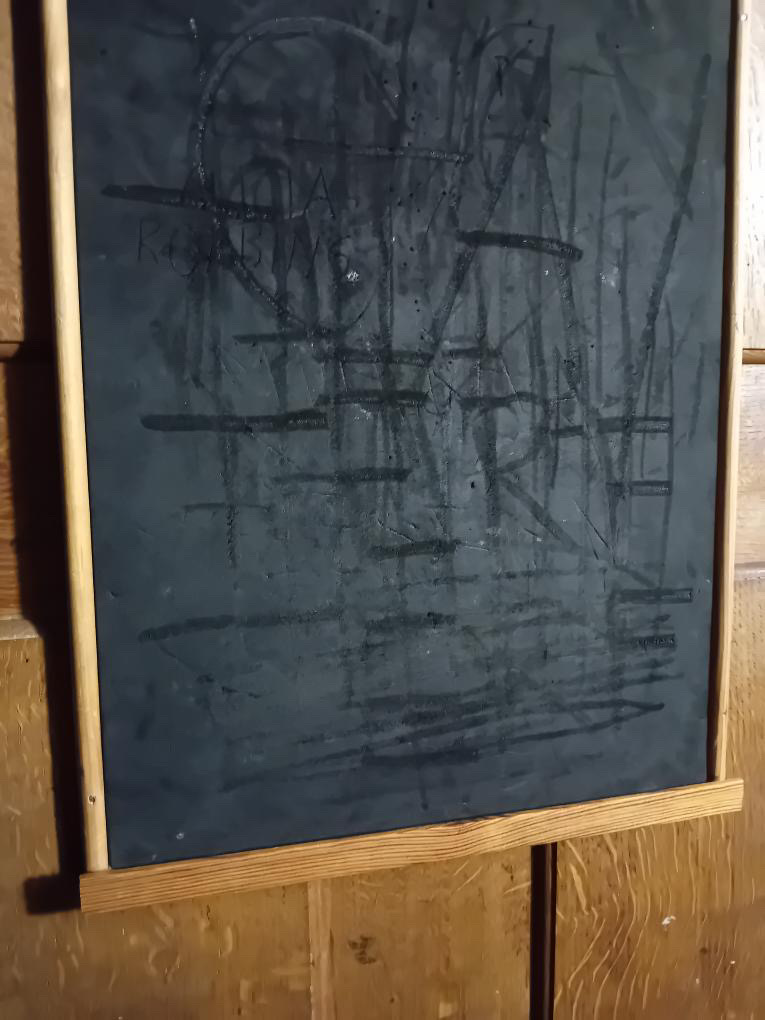
Thea recovered her strength thanks in part to her friendship with Maeve and Serena. She has been appointed CUSW’s Treasurer and now feels brave enough to go public about her experiences:
“It has become imperative to have a society like CUSW. I feel incredibly lucky to have met Maeve and Serena. Without them, I would be completely at sea. We have founded the Society to protect the dignity, privacy, and safety of women – values that have become unexpectedly controversial to defend. After my cancellation, I saw how young women who hold gender-critical views are left isolated. We want to create a space where young women can find courage in each other’s company, and feel free to speak openly. The Society is, above all, about hope: the hope that open discussion can coexist with kindness, and that community can grow even in the face of hostility.”
The CUSW has applied for accreditation from the Cambridge Students Union (SU). It has so far had no response or acknowledgement. Maeve is hoping for good news soon. “Registering with the SU means a great deal, because it means that you have use of university facilities, in terms of room booking and stuff like that. It means that you have a stall at the Freshers Fair, which is massive because student footfall at the Freshers Fair is very, very big and that’s where you’ll hopefully attract members and encourage potential members to just consider your society and know that it exists.”
Maeve also wants the “legitimacy” of being a formal part of the Cambridge student scene. “We want to register with the SU in part because I think that there’s absolutely no reason why we shouldn’t be. I want women to be able to associate in a single sex space for the sake of it. Because it’s absolutely what we’re entitled to do.”
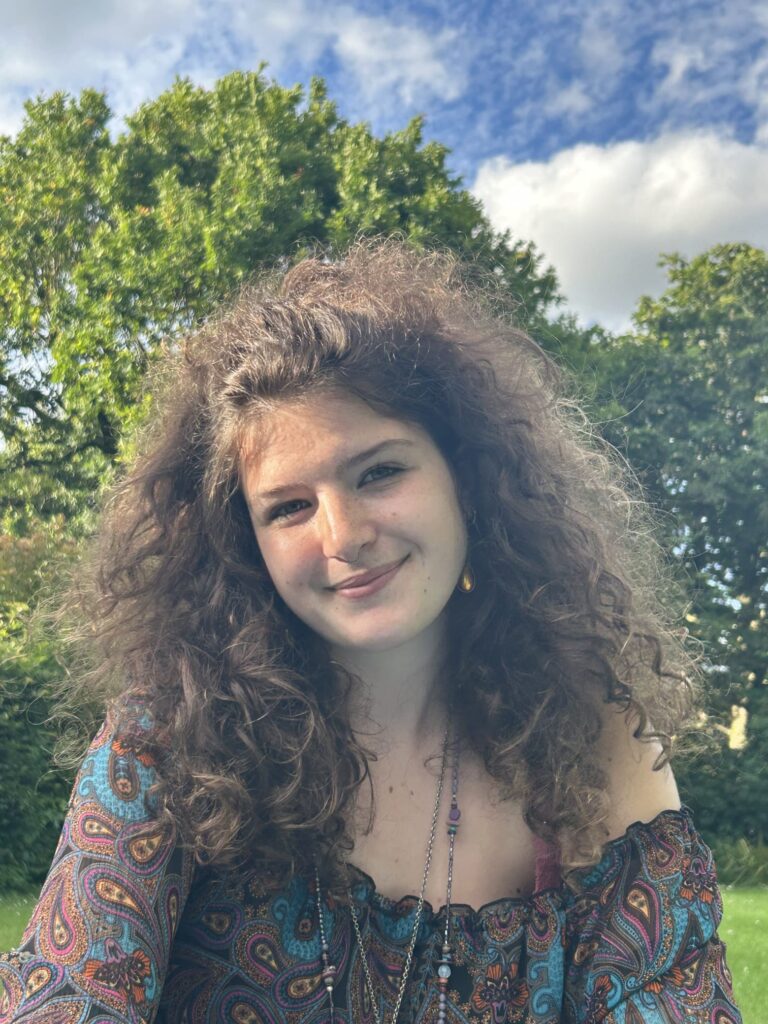
Interestingly, Maeve says the CUSW will not be wholly trans-exclusionary. “I want women who think they’re men to join this society because I’m a firm believer the words female and woman includes females who do not conform to traditional stereotypes and females who wish they were not female. I don’t think they actually wish they were men. I think it’s actually because they wish they weren’t women. And I think I would defy any woman to show me a woman who’s never felt that way. I think we all can relate to that. Just because somebody’s acted on that potentially irreversibly… makes no difference to me. I know what it feels like to resent my own womanhood because I think the way that society is at the moment. Female puberty alone – by God – does it make you frustrated. Being female and all that that means. So… I could not in good faith and consciously purport to be setting up a Society that was for all women if I didn’t wish to include women who want out of womanhood.”
It’ll be interesting to see if the Cambridge SU grants the CUSW accreditation and, if it doesn’t, why it chooses not to. I have seen a document produced by the Cambridge SU Women’s Campaign in 2021 called “How to Spot TERF Ideology”. It treats sex realism as pernicious, niche and reactionary.
The document calls “TERF-ism” a “distinct subcategory of transphobia” and warns its readers “The language of TERF ideology is ever changing, always with the aim of sounding reasonable. If your approach to spotting and fighting TERFs is purely based on words and optics, then you are vulnerable to being taken onboard by a new dogwhistle or talking point. It’s not enough to disavow TERFs in words alone and say Trans Rights are Human Rights or Trans Women are Women. The only way to prevent yourself falling prey to TERF talking points is to develop a critical understanding of concepts like sex and gender and the systems of power and oppression that underly them. TERF ideology incorrectly analyses and obscures these relations, and the best defense is to have a better explanation… Trans liberation is a feminist fight and transfeminism is feminism we should all be doing. More than inclusion we should be aiming for liberation.”
Newnham, the Women’s College for Men
Serena’s college, Newnham, was founded specifically for women. It was set up in 1871 at a time when women were not allowed to study at university. To this day, it describes itself as “proudly a women’s College”. Except it lets in men, if they describe themselves as women (and have changed their gender to female on their driving licence). At the beginning of this term the College Principal, Alison Rose, called a meeting to discuss the Supreme Court ruling made in April this year, which confirmed that in law, woman means biological woman. The meeting was run by a panel of four women, including Rose and two admissions tutors. Rose made it clear from the outset Newnham College was not a single sex space and never has been, with the rationale: “I was a student here forty-five years ago and I can tell you my next-door neighbour seemed to have her boyfriend living next door pretty constantly, so sometimes Newnham is presented as if it’s a single sex space or a single sex higher-education institution. We’re not a single sex space.”
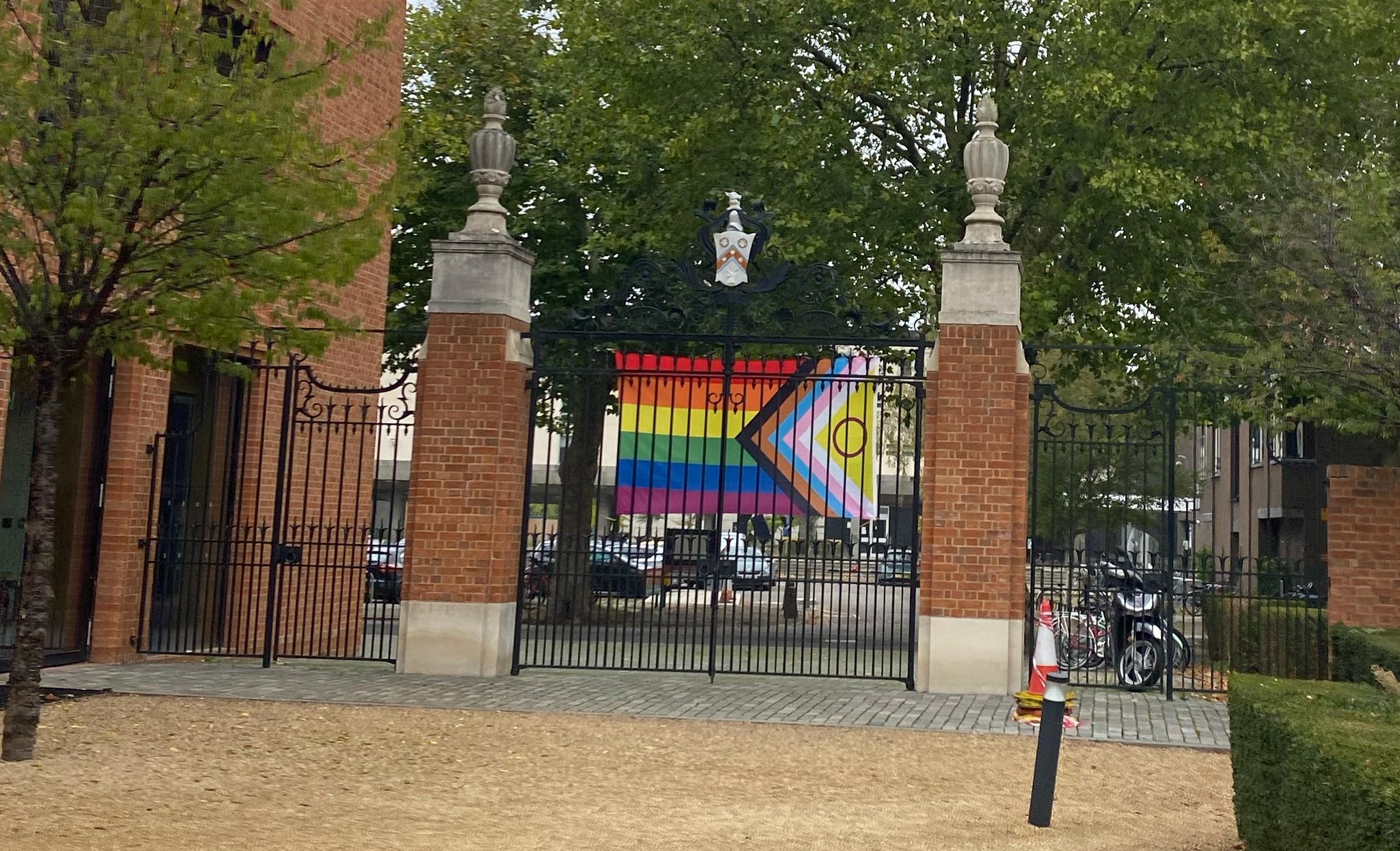
The audience of around thirty female students listened as Rose described the Supreme Court ruling as “a mess” and insisted that men who declare they are women are part of Newnham’s “beneficial class”. Rose told the students: “It’s been clear that as a college we would strongly favour continuing our established practice of inclusivity so long as we could do so legally”. There was no dissent.
Serena Worley thinks things have got worryingly bleak. “Newnham College is a transition pipeline. The majority of lesbians who arrive as freshers (a large cohort at a women’s college like ours) will be some flavour of trans or non-binary within a year, if they aren’t already. I find this in particular to be incredibly depressing. I’ve seen so many interesting, quirky, hopeful young women just deteriorate during their time here. This adoption of pronouns and sometimes even medicalisation is frequently accompanied by a clear decline in mental wellbeing. I remember going to a ButchSoc welfare tea last year to try to meet other lesbians and everyone there was non-binary and sobbing. It was utterly alienating and quite concerning. Given that this is the primary lesbian society at our college, it makes me really concerned for each year’s new batch of freshers seeing that as what’s normal for being a young lesbian.”
Serena was at the Newnham College meeting about the Supreme Court ruling. “I was so, so nervous entering the room. I can usually forget that everyone around me would think I’m a terrible person if they knew my opinions on this issue, but being in that room forced me to confront their vehement opposition to my, frankly, very normal beliefs. None of them know I’m gender critical, and the vibe when I entered the room was that they felt that they were exclusively among allies. The idea that perhaps someone would have come hoping for a different outcome to them was unthinkable. I kept my face carefully neutral through the briefing (I may have raised an eyebrow once or twice—it really was ridiculous at times). The four women running the event were incredibly self-assured in their own moral superiority. When asked about pushback, Alison Rose groaned and rolled her eyes along with the rest of the room. The thought that perhaps that pushback could come from inside the house, maybe even inside the very room we were in, clearly did not occur to her. Anyone who would dare oppose what she and the JCR [Junior Common Room – the college student body] believe was clearly in the wrong. It went without saying.”
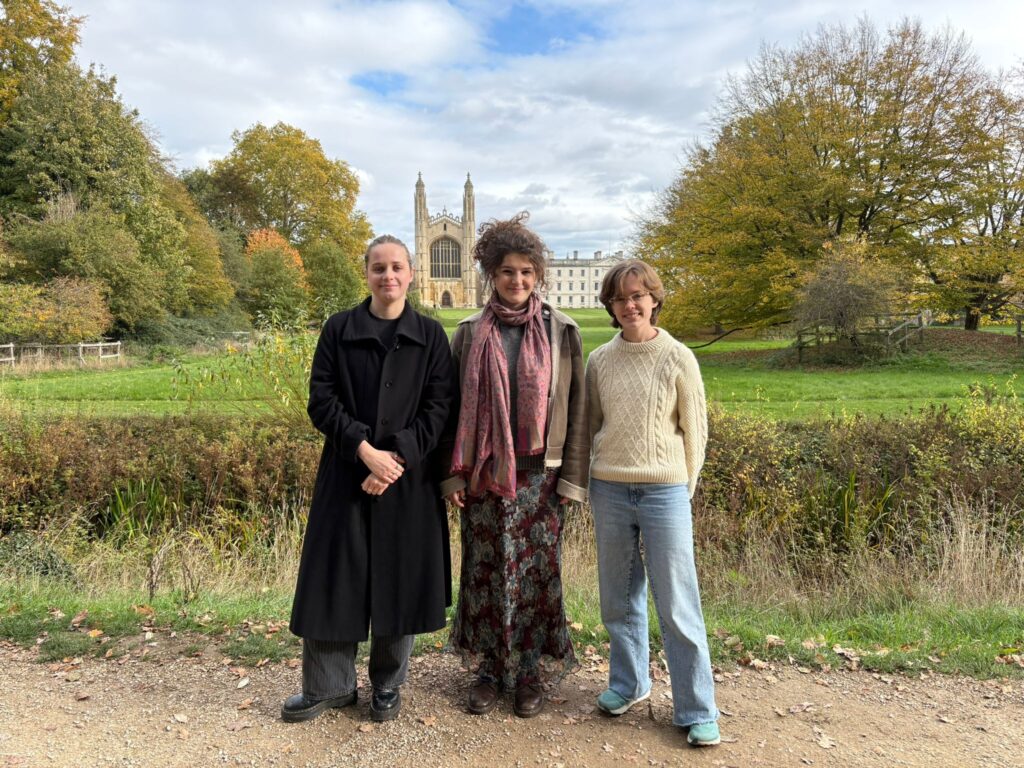
Serena thinks university staff should be more open in their support for students with gender critical views. She hopes the CUSW “will shake up some of the complacent academics who we know privately agree with us, but have so far been too cowardly to speak up. If we as young students can be brave enough to say publicly that men shouldn’t be in women’s spaces, perhaps the tenured professors at this university could consider standing with us.”
There is a lot of work to be done, as Serena acknowledges. “I am so sick of being in rooms where it is simply assumed that everyone thinks the same way on this topic. The casual derision with which dissenters are described is common and quite intimidating… I hope this Society will be received as a breath of fresh air, as permission for more students to speak out or at least privately question some of their beliefs. I hope students will be curious about us and ask genuine questions of us. I hope we are able to affect wider change at this university and beyond in the treatment of dissenters.”
Maeve agrees. “We’re now at a point where I no longer can see inaction as just inaction. I now see a lot of it as just cowardice, and I’m not interested in it anymore, and it’s why I’m setting up the Society because I’ve lost my faith in academics in this sense. Gender critical viewpoints are very commonly held, but they’re not commonly openly held, and that is the biggest problem for me. And that’s the massive reason why I’m starting the Society. I’m starting because I want it to be an environment where women can openly hold these views and own them.”
The founders would be delighted to hear from any Cambridge University students who would like to join the CUSW. The Society can be reached via private message on its Instagram and Twitter/X profiles or by emailing: cusocietyofwomen@gmail.com
* Thea has kindly agreed to waive her right to lifetime anonymity in order to tell her story.
Comments are moderated. Please keep it interesting and informative rather than abusive and defamatory. If you would like to support my work with a one-off donation and receive the Gender Blog newsletter in your email inbox you can sign up here. Your email address will be stored securely and confidentially, never given to a third party and will only be used to inform you about things I think are interesting.

Leave a Reply to Jo Cancel reply